Court rooms and prison cells from the 1913 law enforcement centre will be restored or converted for modern day use
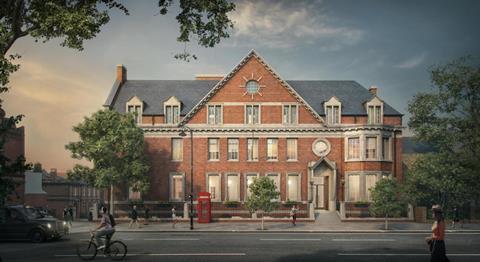
dMFK Architects has secured planning permission to transform a grade II-listed former police station in North London into offices, housing and a medical centre.
Hampstead police station will become a development featuring workspace, five homes and 93sq m of private medical space for owner and project developer Redington Capital.
The purpose-built police station and youth magistrate’s court was largely vacant for over ten years before it was purchased by Hampstead-based Redington in 2021.
Proposals to repurpose the site have historically struggled to achieve planning, with two failed schemes to convert it into a primary school. The first proposal, designed by Watkins Gray International, was refused in 2016 and the second, by Satellite Architects, was turned down in 2019.
Retrofit specialists dMFK Arhictects was brought on board to create a ‘heritage-led design’ by engaging with the London Borough of Camden and the local community.
The firm’s plans will see the magistrates’ courtroom repurposed as a studio for a local architecture practice, including restoration of the original wood panelling, magistrates’ bench, dock and central daïs.
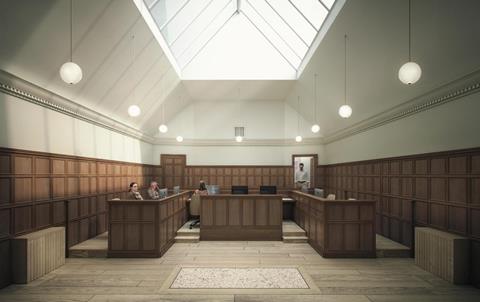
Police lodgings will become the developer’s healthcare space, while small-scale offices for local businesses will move into part of the old station, making use of focus booths and meeting rooms that were once prison cells.
The upper storeys will be converted into five family homes receiving natural daylight.
At the rear of the building, two brick extensions will be added and a new link extension referencing the historic bridge link between cells and the court room will connect the different areas. The structure is inspired by Victorian bridges and conservatories.
The former courtroom podium railings will be repurposed as cladding for a new internal lift, while the main stair will undergo restoration and upgrades.
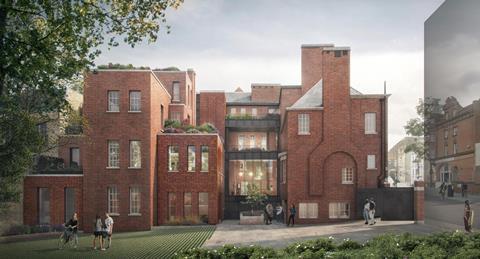
Since its 1913 opening, Old Hampstead Police Station housed the UK’s first juvenile court, which features a decorative interior space to be restored as part of the project, which also aims to achieve BREEAM excellent standards as well as an EPC B rating.
During the proposal development period, Redington Capital offered the vacant hub to arts charity The Koppel Project, which supported over 400 creatives with artist studios, residencies and space for visual arts projects.


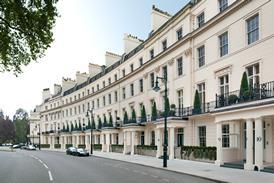

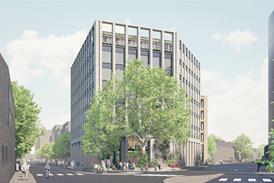
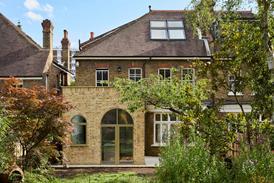










No comments yet